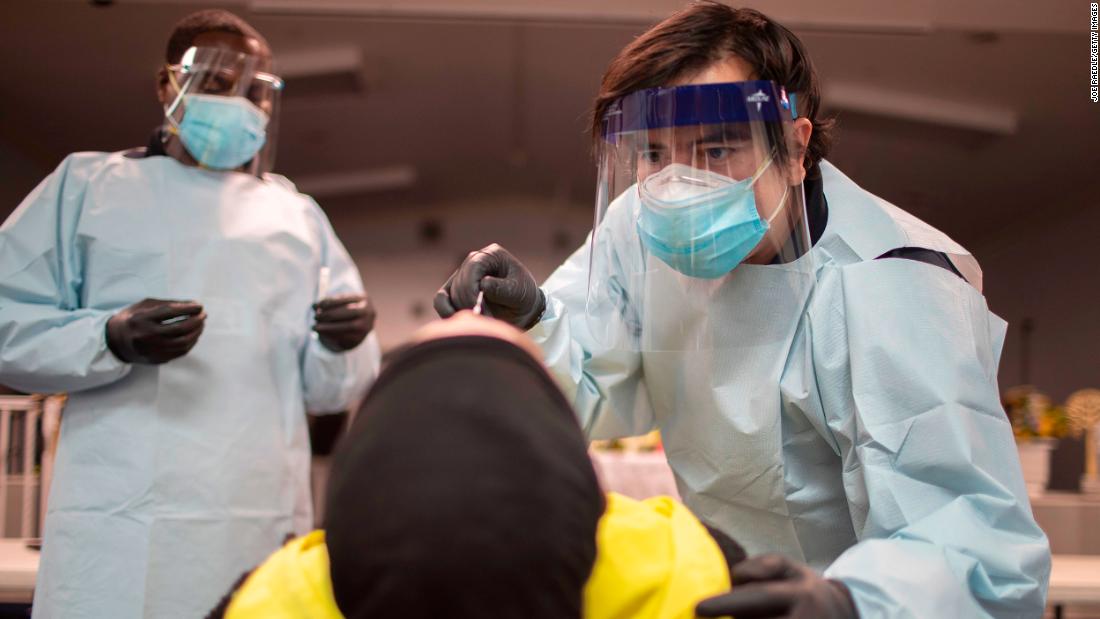The unspoken long-term coronavirus symptoms
Hedgecock is among patients who call themselves “long-haul survivors” — those who experience symptoms long after testing positive. And long-term effects like theirs need to be taken seriously, a doctor researching these symptoms told CNN on Monday night.
“This is the conversation that needs to be had in the medical and the research community, not just in the sufferers who are actually dealing with it,” Dr. William Li said.
Hedgecock’s experience is not unique, Li said. His team is looking to connect the symptoms, with data pointing to the virus not just affecting the lungs but the blood vessels that connect the whole body, the doctor said.
“We think that this long-term damage may in part be due to vascular damage, kind of a footprint that the virus leaves even when it’s gone from the body,” Li said.
With still so much medical professionals don’t know about the virus and its impacts on the body, they can’t say how or if patients like Hedgecock will recover completely.
“I think what is really humbling to those of us in medical research and clinical care is when we confront something we just don’t know enough about,” Li said. “But we need to take it seriously, and we need to have the humility to recognize that were just starting to observe and collect the data right now.”
The not knowing is terrifying, Hedgecock said, but she is confident long-haul coronavirus is going to leave a mark on the US.
“This is going to be a public health debacle that is going to last for decades to come,” she said.
![]()


